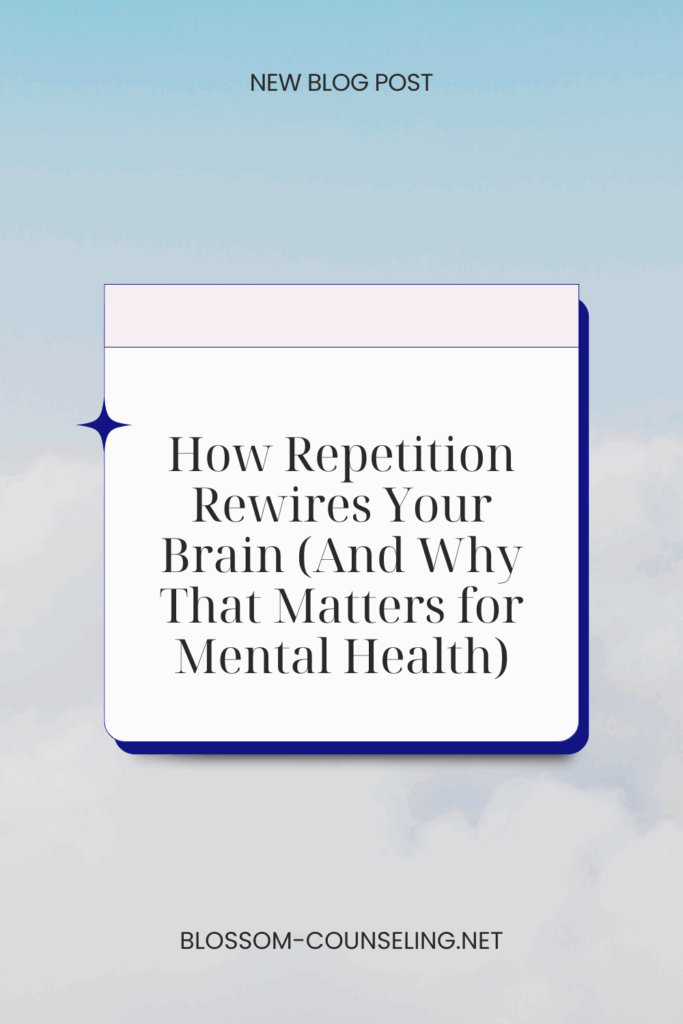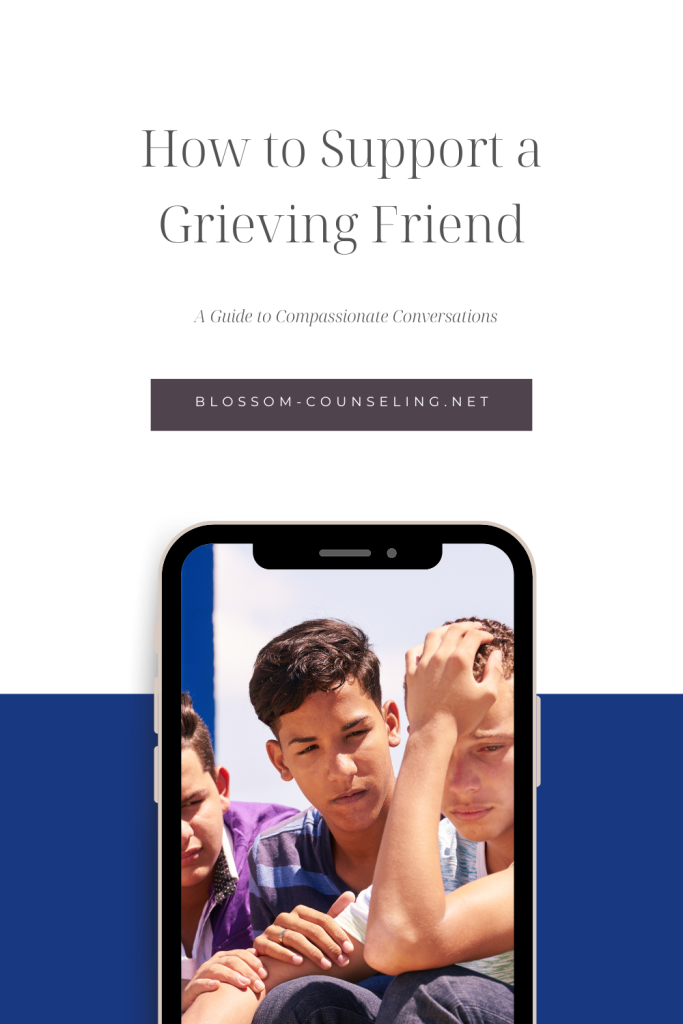
Your brain is pretty incredible. It is always learning, adjusting, and responding to what you experience each day. From making your morning coffee to having a familiar conversation, your brain is quietly taking notes. One of the most powerful ways it learns is through repetition.
If you have ever wondered why a song gets stuck in your head or why something feels easier the more you practice it, repetition is the reason. Your brain remembers what you return to again and again.
What Is Happening in Your Brain When You Repeat Something
Every time you repeat an action, a thought, or even a reaction, your brain strengthens the connection behind it. Your brain cells communicate with one another, and repetition makes that communication smoother and faster over time.
I like to picture it this way. Imagine walking through a dense forest. The first time you walk a path, it is slow and awkward. You have to push through branches and pay close attention to where you step. Each time you walk that same path, it becomes clearer and easier. Eventually, it feels natural, like it has always been there.
That is what repetition does inside your brain. It creates familiar paths that your mind can travel more easily.
How Repetition Shapes Thoughts and Emotions
Repetition does not only apply to physical habits. It shapes the way you think and feel, too.
If you find yourself repeatedly thinking things like “I always mess this up” or “I cannot handle this,” your brain starts treating those thoughts as the default response. Over time, they show up faster and feel harder to shake. This is why negative thought loops can feel so automatic.
The encouraging part is that the same process works for healthier thoughts. When you repeatedly practice self compassion, grounding, or noticing what is going right, your brain begins to build new paths. With time, calmer reactions and more balanced thinking can start to feel more natural.
This does not happen overnight, and that is okay. Your brain is built for steady change, not instant perfection.
Habits and the Brain’s Autopilot
Much of your day runs on habits. Brushing your teeth, driving a familiar route, checking your phone. These patterns are created through repetition so your brain can save energy.
Some habits support you. Others might quietly work against you, especially during stress. Reaching for junk food when overwhelmed or avoiding something that feels hard are common examples.
Understanding repetition helps you shift these patterns with kindness rather than frustration. Each time you choose a different response, even a small one, you are beginning to create a new path. Stretching instead of scrolling. Taking a breath instead of reacting. Writing something down instead of holding it all in your head.
Small choices repeated over time matter more than one big change.
Why Repetition Matters in Therapy
In therapy, repetition is one of the most powerful tools we have. Progress does not come from one perfect insight. It comes from practicing new ways of thinking, coping, and responding again and again.
Therapy gives you space to gently repeat skills that help you feel steadier. You practice noticing your thoughts, responding with more care, and choosing reactions that support your well being. Each session builds on the last, helping your brain learn that there are other ways to move through difficult moments.
One of the most hopeful things about the brain is that it can change at any age. It is never too late to build new patterns.
Let Repetition Work for You
Repetition is not about doing everything right. It is about showing up consistently and with patience. Each time you choose compassion over criticism or calm over panic, you are strengthening something new inside yourself.
Change does not happen all at once. It happens quietly, step by step. With time, those small repetitions can lead to a greater sense of ease, confidence, and emotional balance.
Your brain is always listening to what you practice. Make sure you are practicing things that help you feel better, not worse.
Hi, I’m Cristina. If you’re feeling overwhelmed, emotionally stuck, or just not like yourself lately, I want you to know you’re not alone—and you don’t have to figure it out on your own either.
I work with adults navigating anxiety, grief, depression, and big life transitions. My approach is gentle, collaborative, and rooted in the belief that real change happens when you feel supported and heard. We’ll take things one step at a time, exploring what’s getting in the way and building the tools you need to feel more confident and in control.
Therapy with me isn’t about quick fixes or pressure to perform. It’s about creating space to breathe, reflect, and grow into the version of yourself that feels most grounded and at peace. If you’re ready to start that process, I’d be honored to walk with you.




